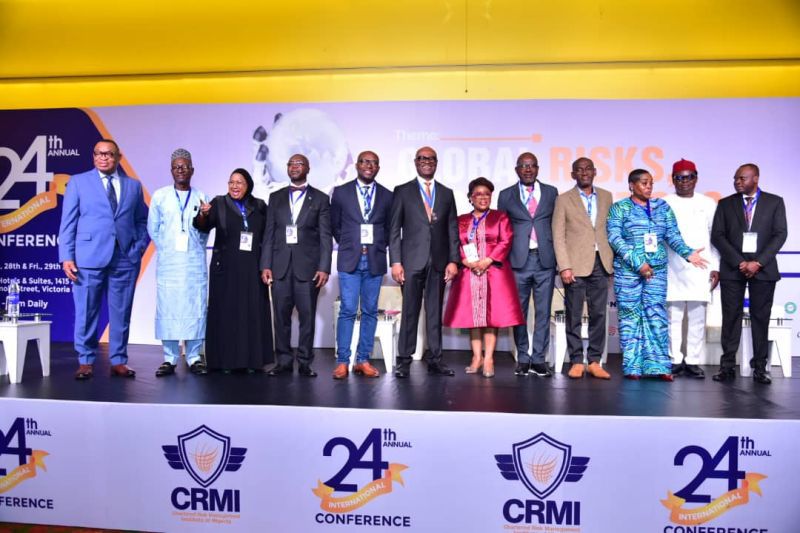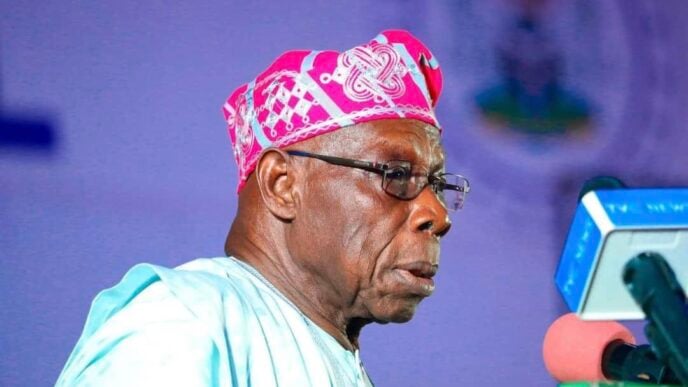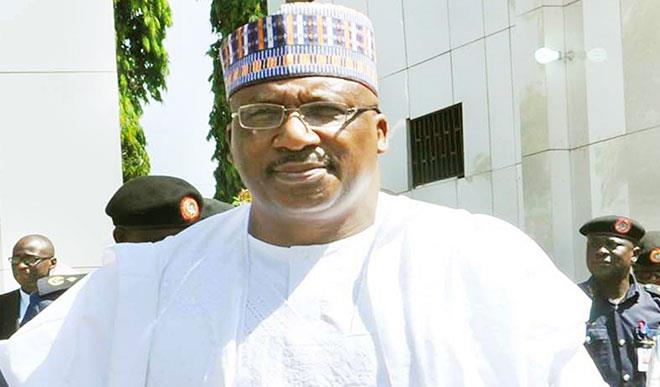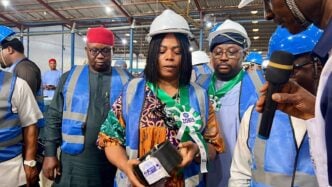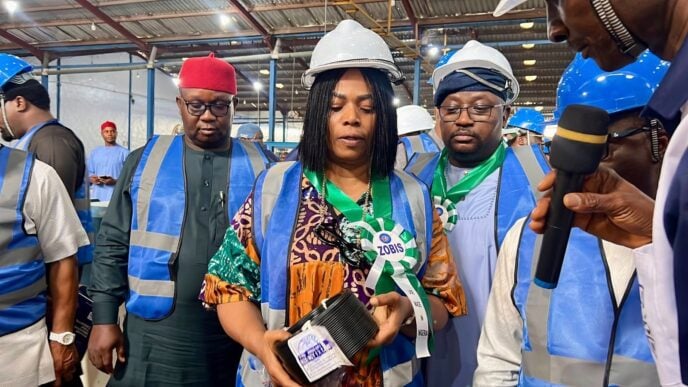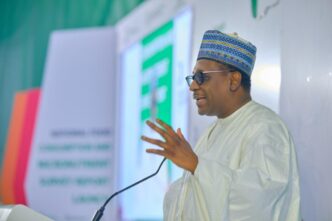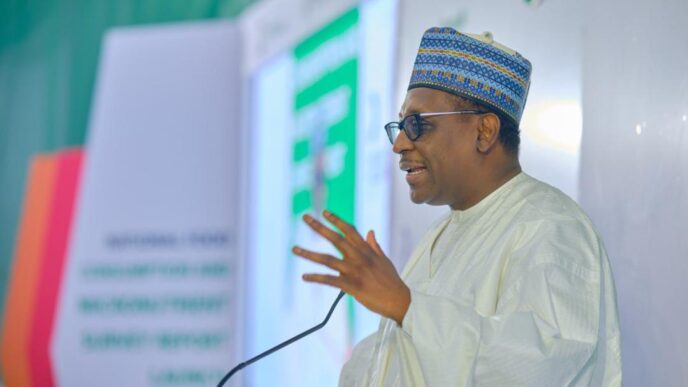The experts
Economic experts and policymakers have called for urgent institutional reforms, stronger data systems, and ethical governance to shield the nation’s economy from global disruptions.
The call was made during the annual international conference of the Chartered Risk Management Institute of Nigeria (CRMI) in Abuja with the theme, ‘Global Risks, Local Solutions’.
The conference brought together stakeholders from government, finance, and the private sector to discuss how Nigeria can build resilience against emerging global risks.
In his opening remarks, Kevin Ugwuoke, president and chairman of CRMI, said Nigeria must adopt a proactive, risk-based framework to strengthen economic stability and competitiveness.
Advertisement
“Nigeria’s competitiveness and fiscal stability depend on how we anticipate, prepare for, and mitigate shocks,” Ugwuoke said.
“Our institutions must be strengthened to manage risks before they escalate into crises.”
Chinyere Almona, director-general of the Lagos Chamber of Commerce and Industry (LCCI), said climate shocks, inflationary pressures, and governance weaknesses continue to erode investor confidence and slow economic growth.
Advertisement
“We cannot ignore the impact of poor governance and weak policy coordination. These structural issues undermine private investment and limit Nigeria’s ability to respond to global economic shifts,” Almona
Semiu Adeniran, the statistician-general of the National Bureau of Statistics (NBS), emphasised the importance of evidence-based policymaking, urging the government to use rebased GDP data to design informed and realistic reforms.
During the panel discussions, experts explored themes such as food security, agricultural resilience, and climate adaptation financing.
Speakers underscored the need to integrate risk management into agricultural policy and social protection systems to cushion vulnerable groups.
Advertisement
In a communiqué issued after the conference, the CRMI advised the federal government to prioritise policy stability, regional integration, and collaboration between risk managers and financial institutions, particularly to support underserved sectors of the economy.
The institute added that without comprehensive governance and risk management reforms, Nigeria’s economic future could remain vulnerable to domestic and external shocks.
